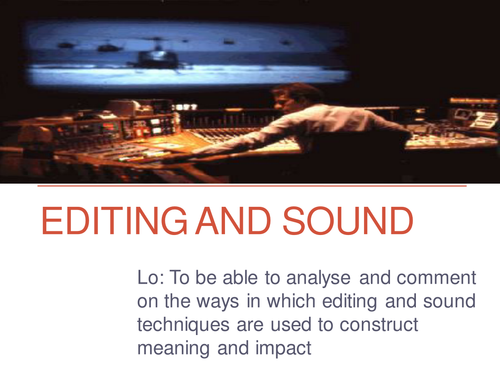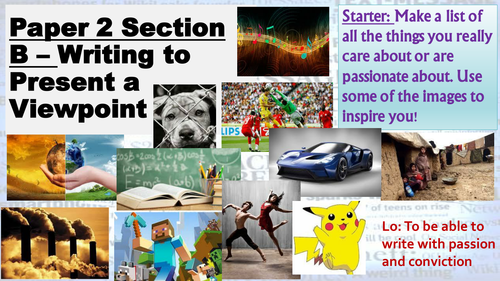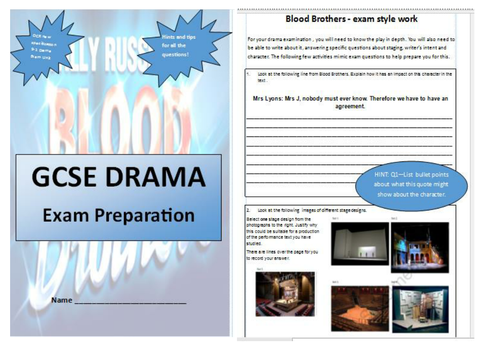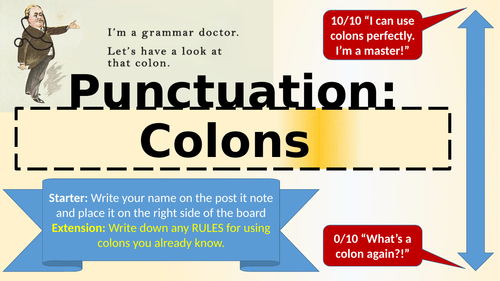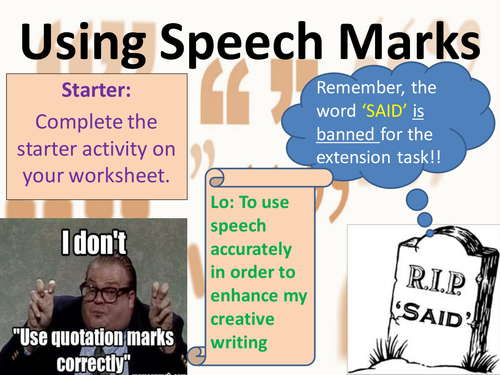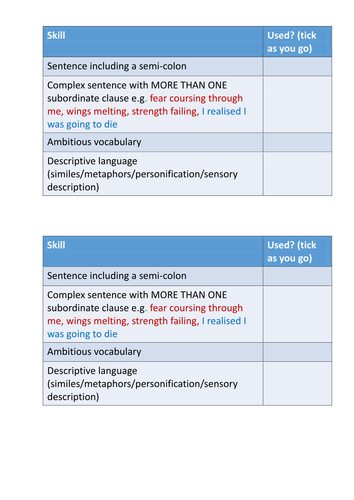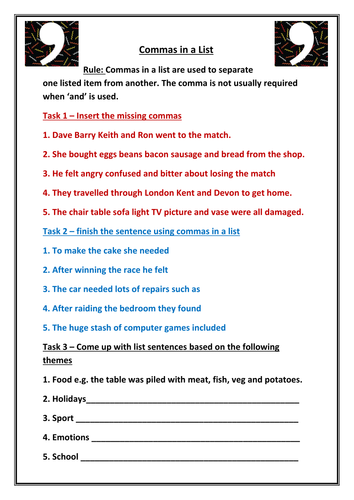Ajs12345's Shop
Fun, engaging and visually impressive resources in secondary English and Drama. Legendary quizzes too! If you make a purchase and find the resource useful, why not get another one absolutely free? Simply leave a review for the resource purchased, email ireviewedajs@outlook.com with your TES username and the free resource you would like; your free resource will then be sent over right away!




